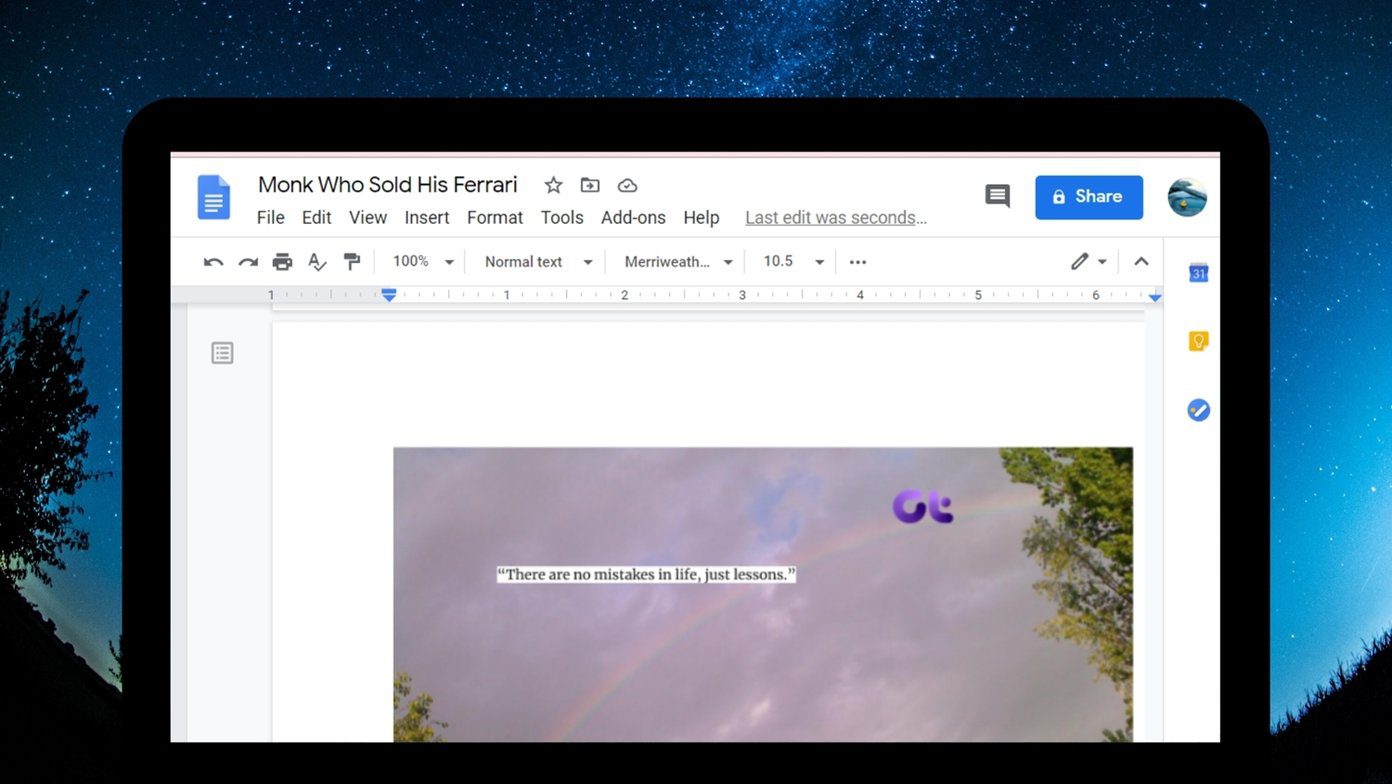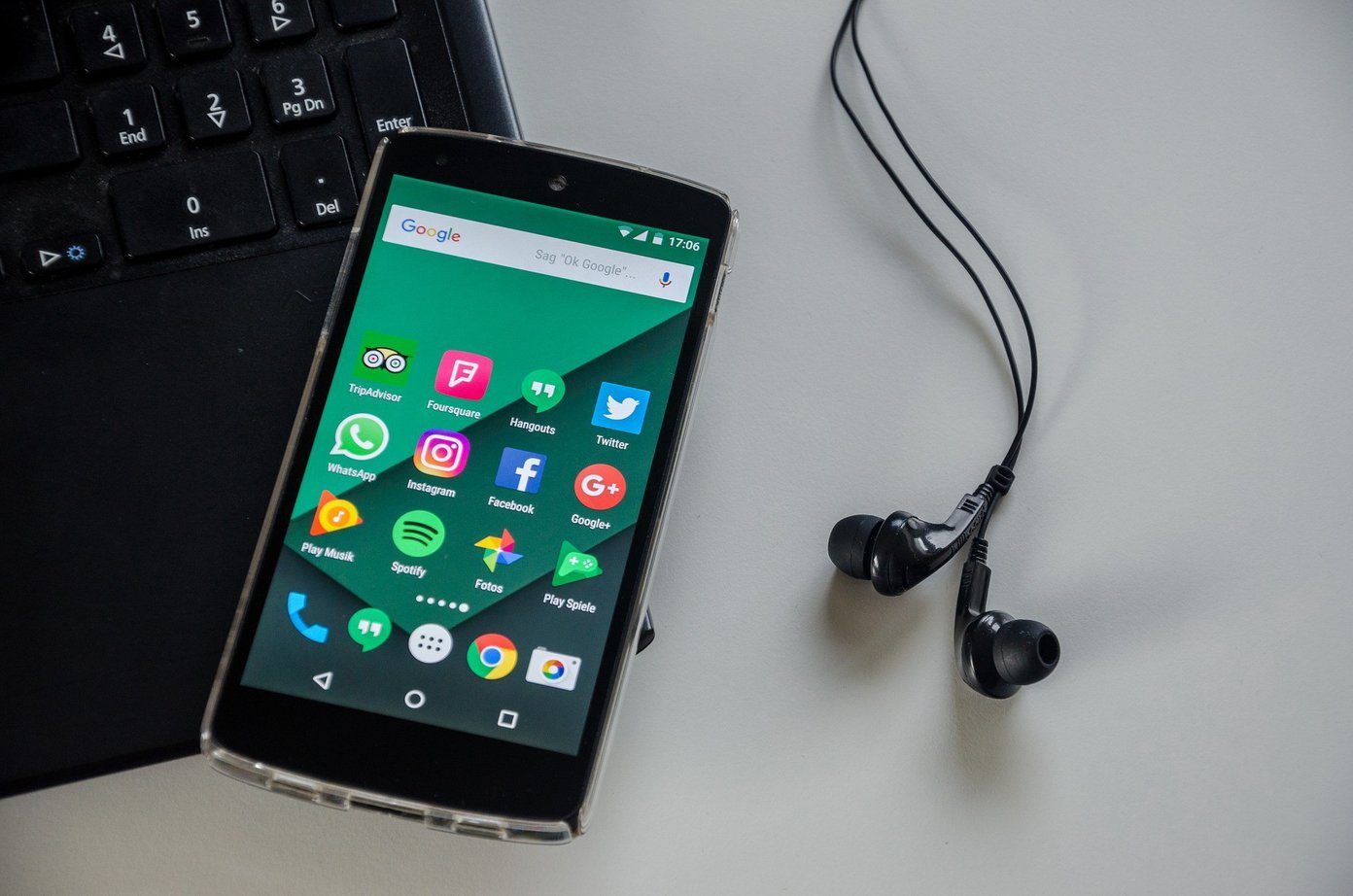Last week, in a bid to win back India, Samsung announced Galaxy M20 powered by what the company calls their India-specific and most advanced mid-range mobile chipset — Exynos 7904. We were left wondering how it will fare against the Snapdragon 600 series, and most importantly, the darling of many mid-rangers out there, Snapdragon 636. Both the chipsets are manufactured on the 14-nm silicon fabrication process but with a different microarchitecture, task handling, and camera capabilities. Let’s dive into the comparison.
Specifications That Matter
CPU Performance
Both the Exynos 7904 and Snapdragon 636 are 64-bit octa-core processors made using the 14-nm fabrication process node. And that’s where their similarity ends. The octa-core Exynos 7904’s processing cluster features two ARM Cortex-A73 high-performance cores clocked at 1.8GHz for heavy, resource-intensive tasks. While the six ARM Cortex-A53 high-efficiency cores clocked at 1.6GHz are meant to handle less demanding tasks. On the other hand, Snapdragon 636’s octa-core setup includes eight Kryo 260 cores based on semi-custom ARM Cortex-A53 high-performance cores clocked at 1.8 GHz — higher than the ones on Exynos 7904. Purely from the the octa-core setup point of view, the Snapdragon 636 appears to have the upper hand in the CPU department. That said, the Exynos 7904 should fare better in battery life with six high-efficiency cores and only two dedicated cores for performing heavy tasks.
GPU Performance
The Snapdragon 636 SoC integrates the 14nm Adreno 509 GPU with a clock frequency of around 720MHz. This GPU has proven itself by delivering some excellent gaming performance housing inside the mid-range Android smartphones in 2018. The Exynos 7904’s Mali-G71 MP2 was introduced way back in 2016 and is built on a 16nm architecture. The clock frequency hovers around 770MHz and should deliver a competitive gaming performance to its rival. However, the actual difference will be noticeable only when you play demanding 3D games on the phone.
RAM and Storage Support
The Snapdragon 636 gets the cookie when it comes to memory support. Both the chipsets offer LPDDR4X RAM support. However, when it comes to storage, the Exynos is limited to eMMC type while the Snapdragon 636 shines with UFS (Universal Flash Storage) support. That’s because UFS delivers better read-write speeds than the eMMC type storage. However, the lack of UFS storage support means we won’t see Exynos 7904 in Galaxy A-series (mid-range premium segment). The eMMC might not deliver a pleasing performance with slow read/write speeds and could result in slight sluggish experience down the line.
Benchmarks
Display Support
The Exynos 7904 supports a FHD+ display panel with up to 2400 x 1080 resolution and a 20:9 aspect ratio. It can play a Full HD video at 120fps (Frames Per Second) and Ultra HD video at 30fps. The Snapdragon 636 is capable of supporting up to Full HD+ displays with 2160 x 1080 resolution and an 18:9 aspect ratio. Even this chipset can play up to 4K Ultra HD videos.
Camera and AI
Looking at the specs sheet, Samsung has emphasized heavily on the camera department. The Exynos 7904 supports up to 32-megapixel resolution in a single lens, 16-megapixel+16-megapixel dual lens, and even a triple lens setup with Telephoto camera and a wide-angle lens. The chip can handle a 32-megapixel selfie shooter on the front. The Snapdragon 636 can pack up to a 24-megapixel single lens or a 16-megapixel+16-megapixel dual lens. The video recording capabilities of both the chipset remain same with 4K at 30fps and FHD at 120fps support. Samsung isn’t touting any AI capabilities of the Exynos 7904 while the Snapdragon 636 packs Qualcomm’s Neural Processing Engine (NPE) SDK to support quite a few AI-centric features. It works with many popular AI frameworks such as Caffe/Caffe2, and Google’s TensorFlow.
Charging Technology
The Snapdragon 636 supports Quick Charge 4.0, which is the latest charging technology available right now. The company is claiming to deliver five hours of battery life with a five-minute charge. The Exynos 7904 supports Samsung’s Adaptive Fast Charging, which is based on an age-old Quick Charge 2.0 standard. Though a handful of companies have released phones running Snapdragon 636 chip, none of them bundle a Quick Charge 4.0 capable adapter. Those companies mostly provide Quick Charge 3.0 certified adapter in the retail package. You can always buy a Quick Charge 4.0 certified adapter separately and take full advantage of faster charging speeds.
So Similar yet Poles Apart
That’s a tricky one. Both chipsets appear identical on paper, and the devil is in details. The Snapdragon 636 has the upper hand in the CPU department, storage and charging capability. The Exynos 7904 strikes back with a 32-megapixel single lens, triple-camera support, and power-efficiency. One can foresee Samsung’s intentions to play around with the camera more than anything else. However, it’s worth noting how Samsung plans to use the Exynos chip. So far, it’s limited to Samsung Galaxy M series phones. Next up: The MediaTek Helio P60 CPU is also a capable mid-range processor. Read our comparison to find out how it fares against the Qualcomm Snapdragon 636 processor. The above article may contain affiliate links which help support Guiding Tech. However, it does not affect our editorial integrity. The content remains unbiased and authentic.















